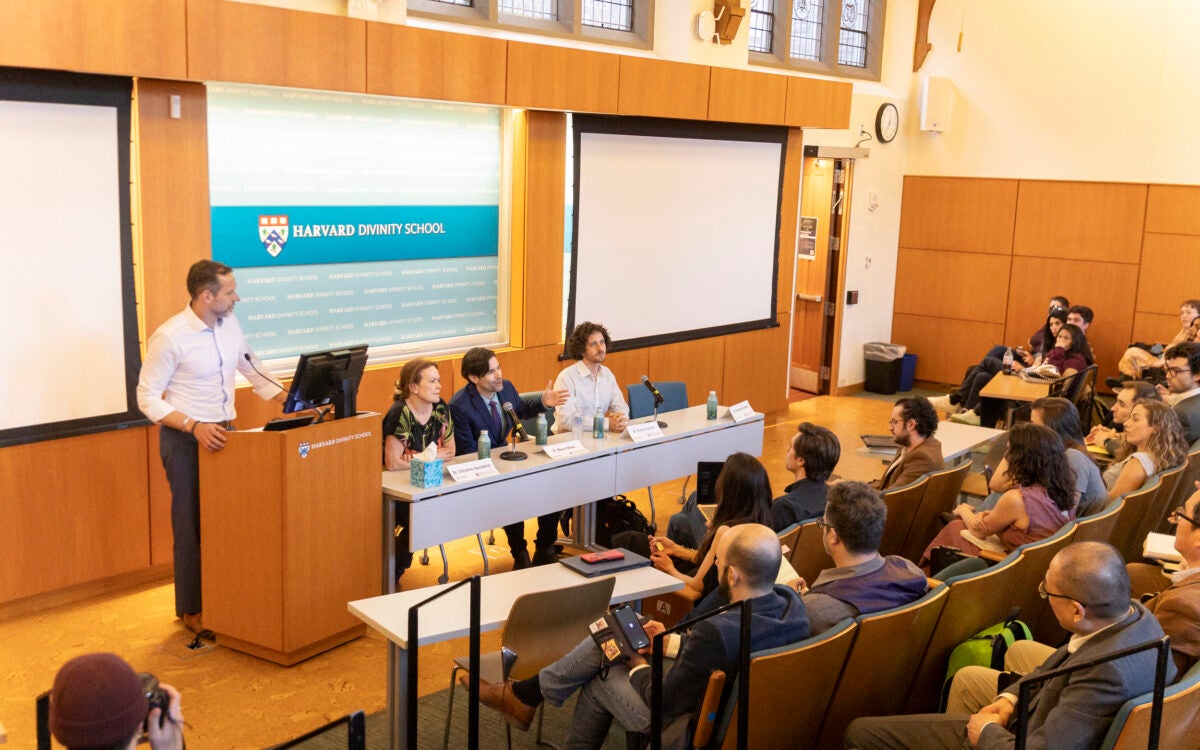Police at higher risk of sudden cardiac death during stressful duties
Police officers in the United States face roughly 30 to 70 times higher risk of sudden cardiac death (SCD) when they’re involved in stressful situations — suspect restraints, altercations, or chases — than when they’re involved in routine or non-emergency activities, according to a new study from Harvard School of Public Health (HSPH) and Cambridge Health Alliance (CHA). It is the first study to provide data that demonstrates the impact of stressful duties on on-duty SCD.
The researchers also found that physical training activities—which police don’t consider to be particularly stressful—were associated with roughly 20- to 25-fold higher SCD risk than routine law enforcement work.
The study appears online November 18, 2014 in BMJ (British Medical Journal). Watch a video interview with the authors.
“Although we suspected that strenuous police duties could trigger sudden cardiac deaths in vulnerable officers, we were struck by the magnitudes of the risks and their consistency across different statistical models,” said Stefanos Kales, associate professor in the Department of Environmental Health at HSPH, chief of occupational and environmental medicine at CHA, and senior author of the study.
Previous epidemiologic studies of firefighters by Kales and his colleagues have shown, like the current study, that SCD risk is elevated during stressful duties as compared with nonemergency duties. In addition, studies of the general population have found that strenuous activity such as vigorous exercise or snow shoveling — especially among those who are physically inactive — can precipitate heart attacks and sudden cardiac deaths.




